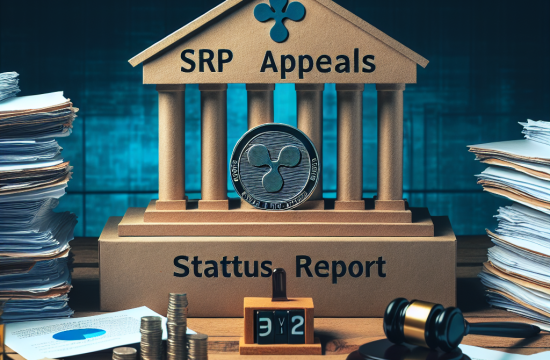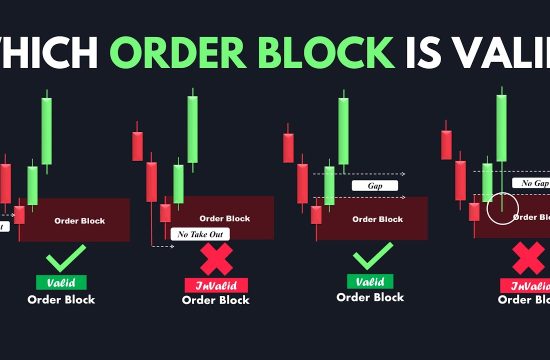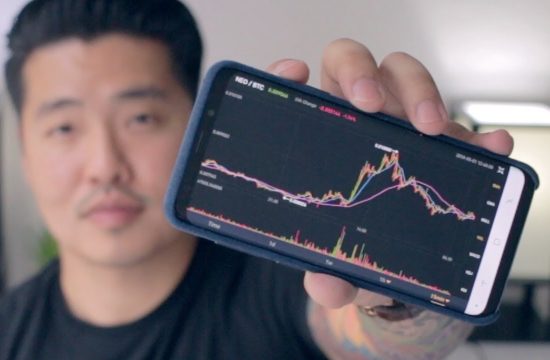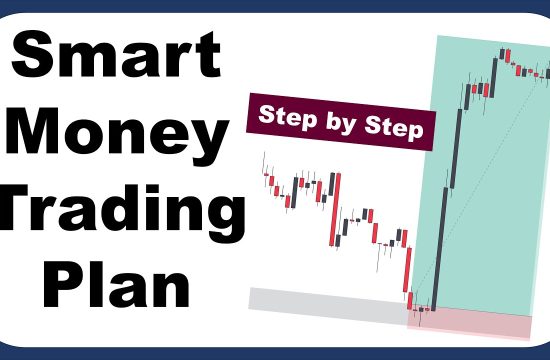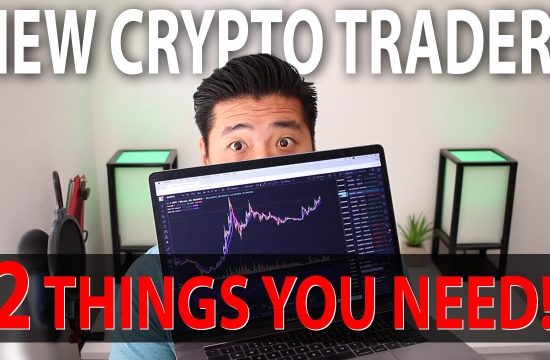Understanding Bitcoin Exchanges
What are Bitcoin Exchanges?
When I first dipped my toes into the world of crypto, one of the first things that puzzled me was this term: Bitcoin Exchange. At its core, a Bitcoin exchange is basically a platform that allows you to buy, sell, or trade Bitcoins. Think of it as a marketplace, only it’s all digital and a bit more techy than your local farmers’ market.
Exchanges can be centralized or decentralized. Centralized exchanges act like intermediaries, managing transactions and holding your funds. Decentralized exchanges, on the other hand, let you trade directly with others without an intermediary, which can be pretty liberating. I mean, who doesn’t want to be their own bank, right?
The choice of which exchange to use can make or break your trading experience. Generally, centralized exchanges are easier for beginners because of their user-friendly interfaces. But, if you’re feeling adventurous and are a bit more tech-savvy, the decentralized path offers a thrilling blend of freedom and privacy!
The Mechanics of Trading
How Trading Works
Now, getting into the nitty-gritty of trading on these platforms—it’s not as intimidating as it sounds! You create an account, verify your identity, and you’re ready to roll. Trading works through buying low and selling high, which is the bread and butter of any trader. The thrill of waiting for the right moment to buy or sell is what keeps many of us glued to our screens.
Once you’ve set up shop with your account, you’ll notice lots of charts, graphs, and even numbers spiraling out of control. These tools can feel overwhelming at first, but over time, trust me, they become your best buddies. They help you make informed decisions based on market trends and patterns.
Let’s not forget about orders—there are market orders, limit orders, stop-loss orders and so many terms that can sound like a foreign language. Understanding these will empower your trading moves and help you dodge unnecessary losses!
Liquidity and Its Importance
The Concept of Liquidity
Alright, let’s chat liquidity. In layman’s terms, it describes how easily you can buy or sell an asset without causing a drastic change in its price. Imagine trying to sell a rare collectible. If you’re the only one on the block with it, good luck getting a decent price!
When you’re trading Bitcoin, high liquidity means you can jump in and out of trades swiftly. This is crucial when the markets can swing wildly in a matter of minutes. Always check the trading volumes of an exchange before diving in—you want to swim with the big fish, not in a kiddie pool!
Low liquidity can lead to slippage, which is when you don’t get the expected price because you executed an order in a thin market. This is the stuff of nightmares for traders. So be smart, do your homework, and choose exchanges with solid liquidity to give you a stress-free trading experience.
Security Measures
Why Security is Paramount
Security, my friends, is the name of the game. I can’t stress enough how important it is to pick an exchange that takes your safety seriously. After all, your hard-earned cash deserves to be guarded like a dragon’s hoard!
Look for exchanges that offer two-factor authentication, withdrawal whitelist, and cold storage for assets. Cold storage means your crypto is stored offline, away from the hackers lurking in the digital shadows. This is a layered defense system that significantly mitigates risks.
Additionally, make it a habit to keep your personal information secure. Use unique passwords and change them regularly. Remember, it’s not just about securing the exchange; it’s about how you engage with it as well. Stay vigilant, and you’ll feel a lot more at ease in this vast digital landscape!
Choosing the Right Exchange
Factors to Consider
With so many options out there, picking the right exchange can feel like standing in front of a candy store with no idea what to choose. The key is to consider your own needs, trading style, and what you’re after. Are you a casual trader or a hardcore day trader? Commence your search accordingly!
Fees are, of course, a major factor. Some exchanges charge high transaction fees, while others smack you with withdrawal fees. Always read the fine print and calculate how these costs will impact your overall profits. Trust me, penny-wise is not always pound-foolish.
Also, don’t overlook the customer service aspect. A responsive support team can be a lifesaver when you encounter issues or have questions. Many exchanges offer 24/7 support—this alone can sway your decision when choosing where to trade.
Frequently Asked Questions (FAQ)
1. What is the main function of a Bitcoin exchange?
The primary function of a Bitcoin exchange is to facilitate the buying, selling, and trading of Bitcoin, acting as a marketplace for users.
2. How do I choose a secure Bitcoin exchange?
Look for features like two-factor authentication, cold storage options, and a solid reputation within the cryptocurrency community to ensure security.
3. Why is liquidity important in trading?
Liquidity is crucial because it determines how easily you can buy or sell an asset without affecting its price. Higher liquidity typically allows for smoother trades.
4. What are the different types of orders I can place?
Common order types include market orders (buy/sell at current price), limit orders (buy/sell at a specific price), and stop-loss orders (limit losses by selling automatically at a set price).
5. What fees should I consider when trading?
Fees can vary greatly between exchanges. Be sure to check transaction fees, withdrawal fees, and any hidden charges that might apply to your trades.
Related Content
- Officially in Cutting Cycle, How Bitcoin, Altcoin Market and Stocks Responded with the Last Change
- Bitcoin, Ethereum Technical Analysis: BTC, ETH Move Past Key Resistance Levels on Tuesday
- Cardano ADA Price News Today – Elliott Wave Technical Analysis and Price Now! Price Prediction!
- Compound Finance Tutorial (How to Use Compound v3)
- Bitcoin Margin Trading: Risks and Rewards





